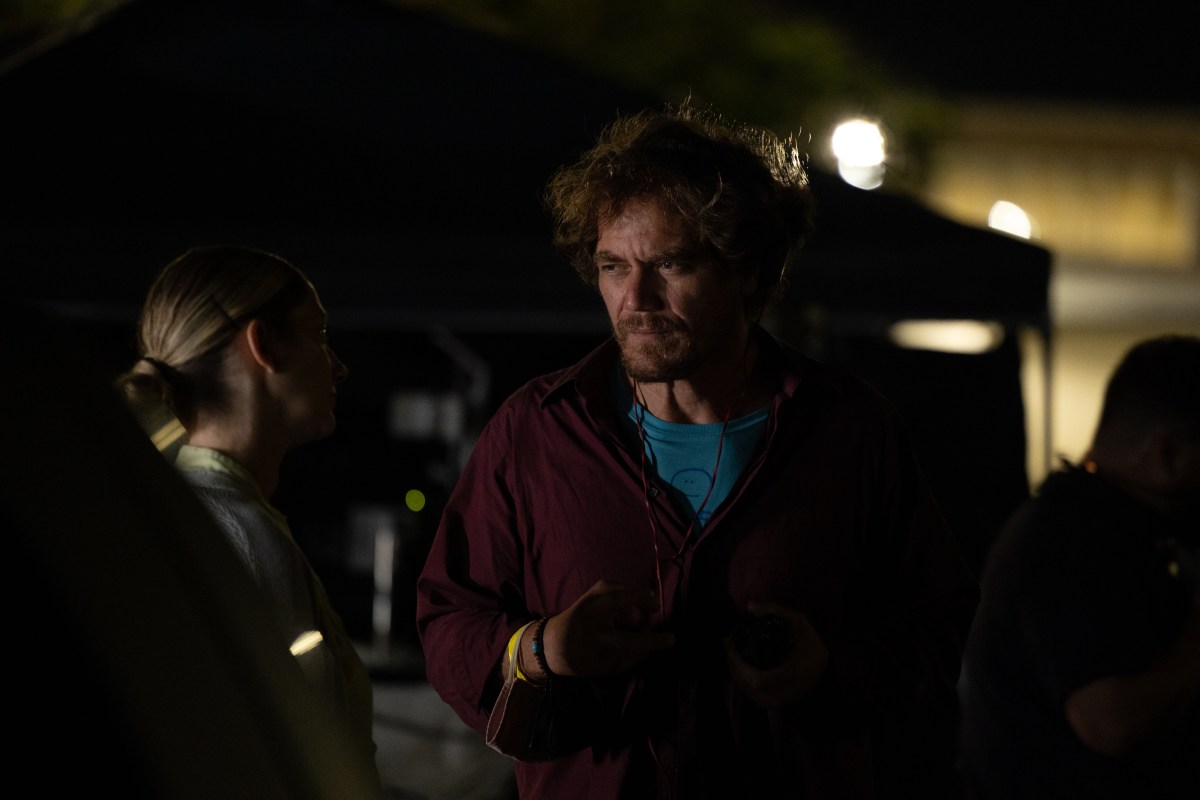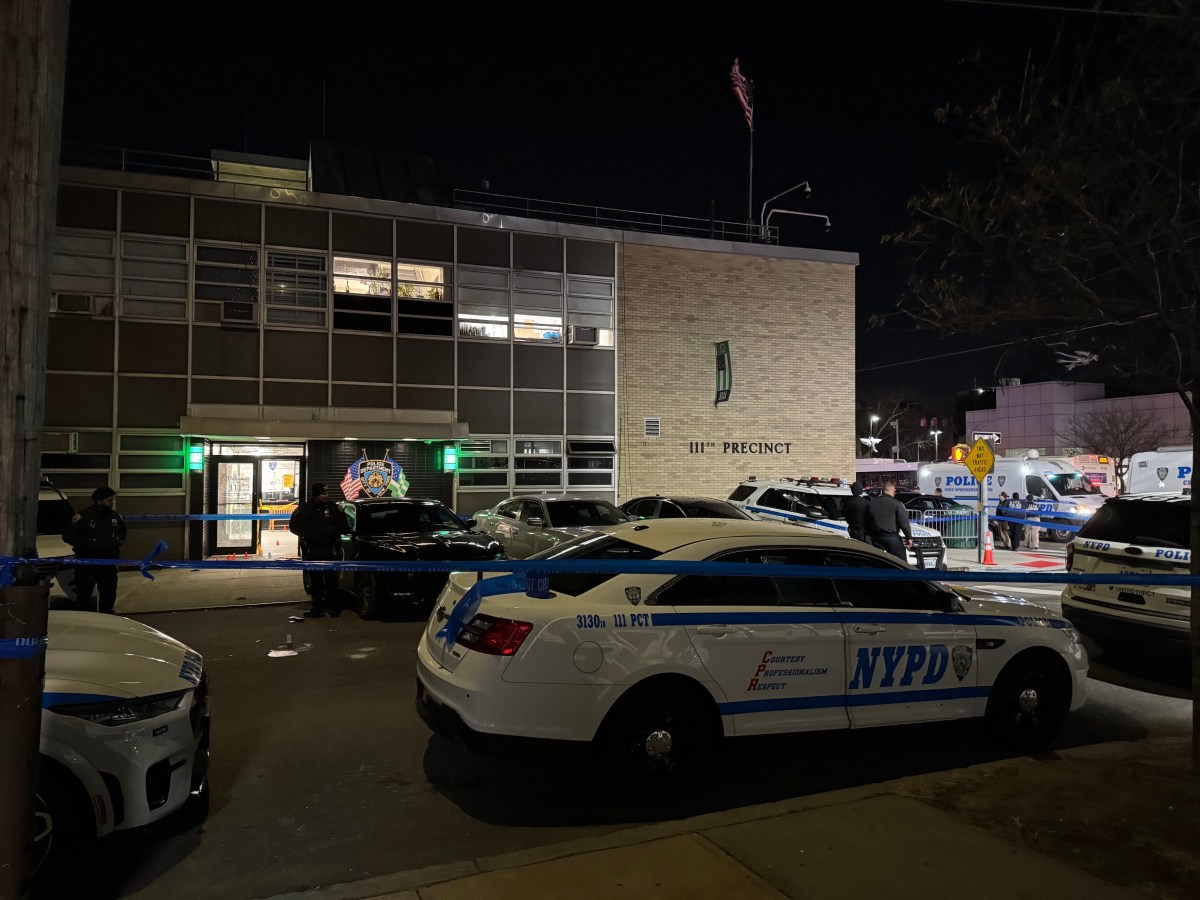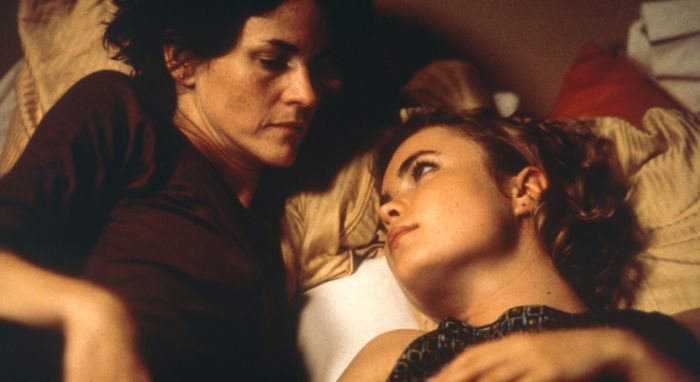
‘Us’
Directed by Jordan Peele
Starring Lupita Nyong’o, Winston Duke, Elisabeth Moss
Rated R
Few recent directorial efforts have been more eagerly anticipated than “Us,” in which Jordan Peele returns behind the camera with expectations raised to gargantuan heights following the sensational, Oscar-winning success of his debut, “Get Out.” The new movie, which takes another high concept and distills it into an entertaining and thought-provoking experience, only serves to reaffirm the originality of his vision for these horror-science fiction hybrids.
If the social metaphor at play isn’t quite as rich this time around, it still offers plenty to unpack without ever distracting from the visceral realities of a film in which the tension is consistently high. It’s the story of the Wilson family, principally mom Adelaide (Lupita Nyong’o), who suffered a mysterious childhood trauma that we witness unfold during the opening sequence set on the Santa Cruz, California, boardwalk.
Decades later, late at night and following a return to that very boardwalk and beach for the first time, Adelaide, her husband Gabe (Winston Duke) and children Zora (Shahadi Wright Joseph) and Jason (Evan Alex) are terrorized in their home by a family cloaked in red that seems awfully familiar.
There’s a reason for this, as the ubiquitous trailers make clear: They are the Wright family’s evil doppelgängers. Their entrance launches what is essentially an extended horror movie chase scene, albeit one rendered with consummate skill. Peele is too smart to make a film that’s as simple and obvious as something that might be distilled to the elevator pitch of “a family fights with itself.”

He has an established flair for expressionistic imagery that is vividly apparent in the phantasmagoric qualities bestowed on the beach that animates the story, and in the sudden and pained flashbacks Adelaide experiences.
That’s significantly enhanced by Michael Abels’ score, which nods toward the avant-garde in its incorporation of unsettling choral voices and a remix of the 1995 hit “I Got 5 On It” that dissects its orchestral bones.
This mixes well with elements of social satire — the film begins with an ad for the 1986 Hands Across America benefit and it is essentially a riff on the sinister undertones of the concept, in which millions of people held hands across the country for 15 minutes. Gestures of solidarity mean little without a serious effort to combat inequities. In the way Peele unpacks the existence of these doppelgängers, it’s clear that their picture is far more complicated than it might have initially seemed.
“Us” is practically worth it just to hear the menacing, Buffalo Bill-like voice Nyong’o utilizes as her demonic self. Her dual performance is simply a remarkable acting feat, one that hopefully won’t go underappreciated because it’s in a genre movie. She is the movie’s villain and its hero, responsible for conveying the central conflict in scenes opposite herself and to play them in such a way that it is consistently clear that these two figures are mirror reflections.
For all the ideas Peele nods toward, and all the moments of genuine suspense in a classical sense, it all comes back to Nyong’o.




































